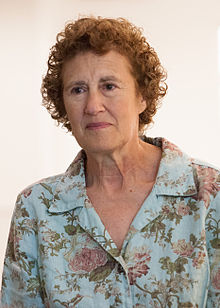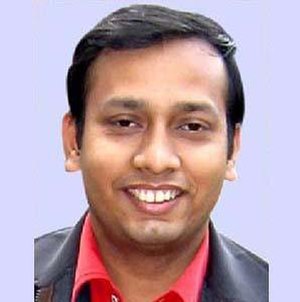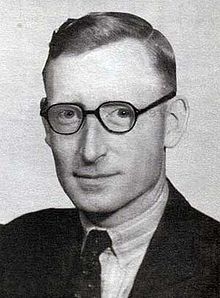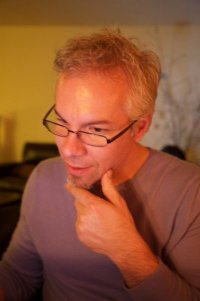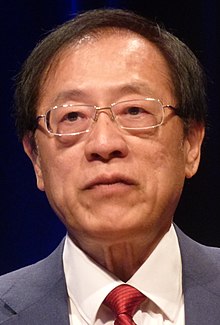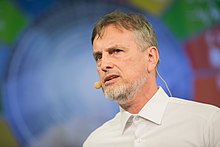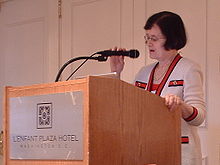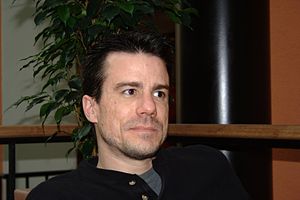ABOUT
Alan Turing was a British mathematician, logician, cryptanalyst, and computer scientist who is widely considered to be the father of theoretical computer science and artificial intelligence. His groundbreaking work laid the foundations for modern computing and had a profound impact on the outcome of World War II through his work in cryptography.
BEFORE FAME
Alan Mathison Turing was born on June 23, 1912, in Maida Vale, London, England. From an early age, Turing exhibited a remarkable talent for mathematics and science. He attended Sherborne School, where his natural inclination for the sciences was evident despite the school's focus on classical education. Turing later continued his studies at King's College, Cambridge, where he excelled in mathematics, graduating with a first-class honors degree in 1934.
TRIVIA
- Turing developed the concept of the Turing Machine, an abstract mathematical concept that played a crucial role in the development of computer science. This concept introduced the idea of a machine that could simulate the logic of any computer algorithm, a principle that underpins modern computational theory.
- During World War II, Turing worked at Bletchley Park, the British codebreaking center. He played a pivotal role in breaking the Enigma code used by the German military, significantly contributing to the Allied war effort.
- Turing's work didn't end with the war; he went on to design one of the first electronic computers at the National Physical Laboratory and later contributed to the development of early software for computers.
- Despite his professional successes, Turing faced significant personal challenges. In 1952, he was prosecuted for homosexual acts, which were criminal offenses in the United Kingdom at the time. Turing accepted chemical castration as an alternative to prison but continued his academic work.
- Turing died on June 7, 1954, in Wilmslow, Cheshire, under circumstances widely believed to be suicide. He was posthumously pardoned by the British government in 2013, and his contributions have since been widely recognized and celebrated.
FAMILY LIFE
Turing was the second of two children born to Julius Mathison Turing, a civil servant in the Indian Civil Service, and Ethel Sara Turing. His family background was significant in shaping his intellectual pursuits, and he maintained close relationships with family members despite the challenges he faced in his personal life.
ASSOCIATED WITH
Alan Turing's name is often associated with many of his contemporaries in the field of mathematics and computer science, including Alonzo Church, with whom he developed the Church-Turing thesis, a foundational principle in computer science. During his time at Bletchley Park, he worked with other notable codebreakers such as Gordon Welchman and Hugh Alexander. In the realm of modern recognition, his life and work were brought to mainstream acclaim through the 2014 film "The Imitation Game," where he was portrayed by actor Benedict Cumberbatch.
Turing's legacy continues to influence and inspire the fields of mathematics, computer science, and artificial intelligence, ensuring his place as one of the most significant figures of the 20th century.



